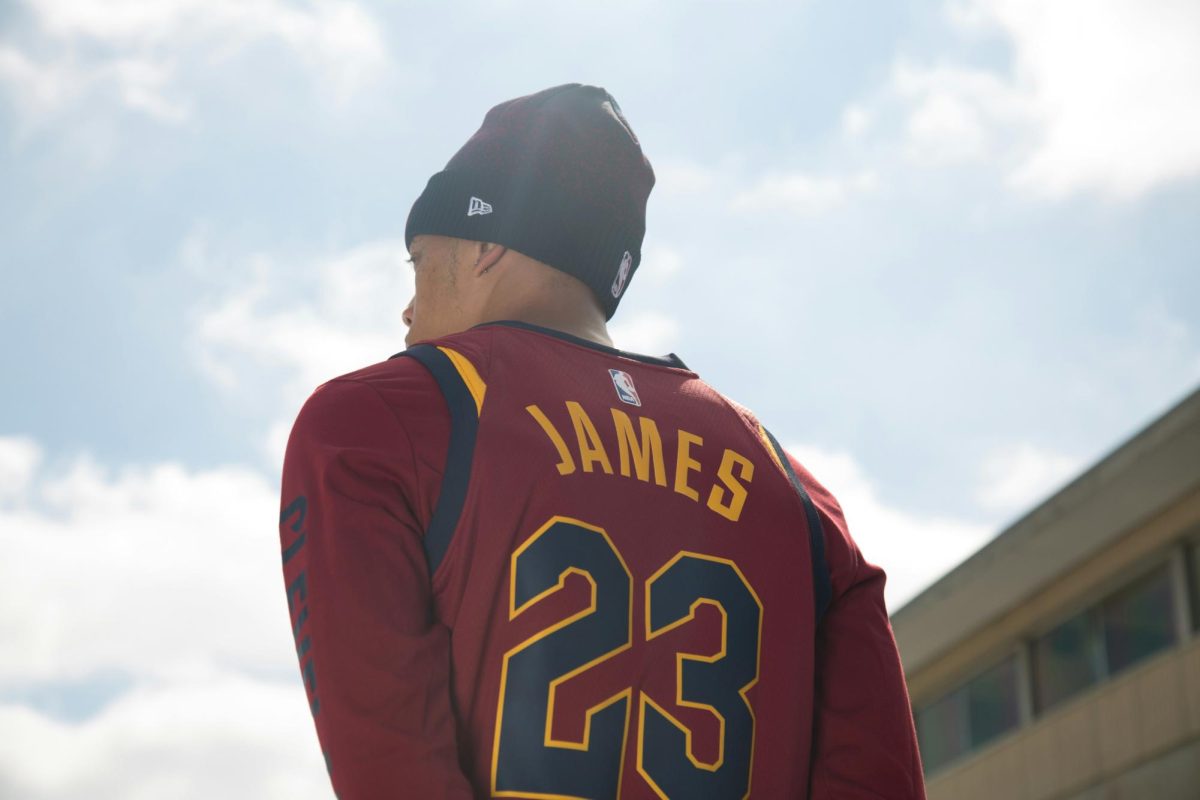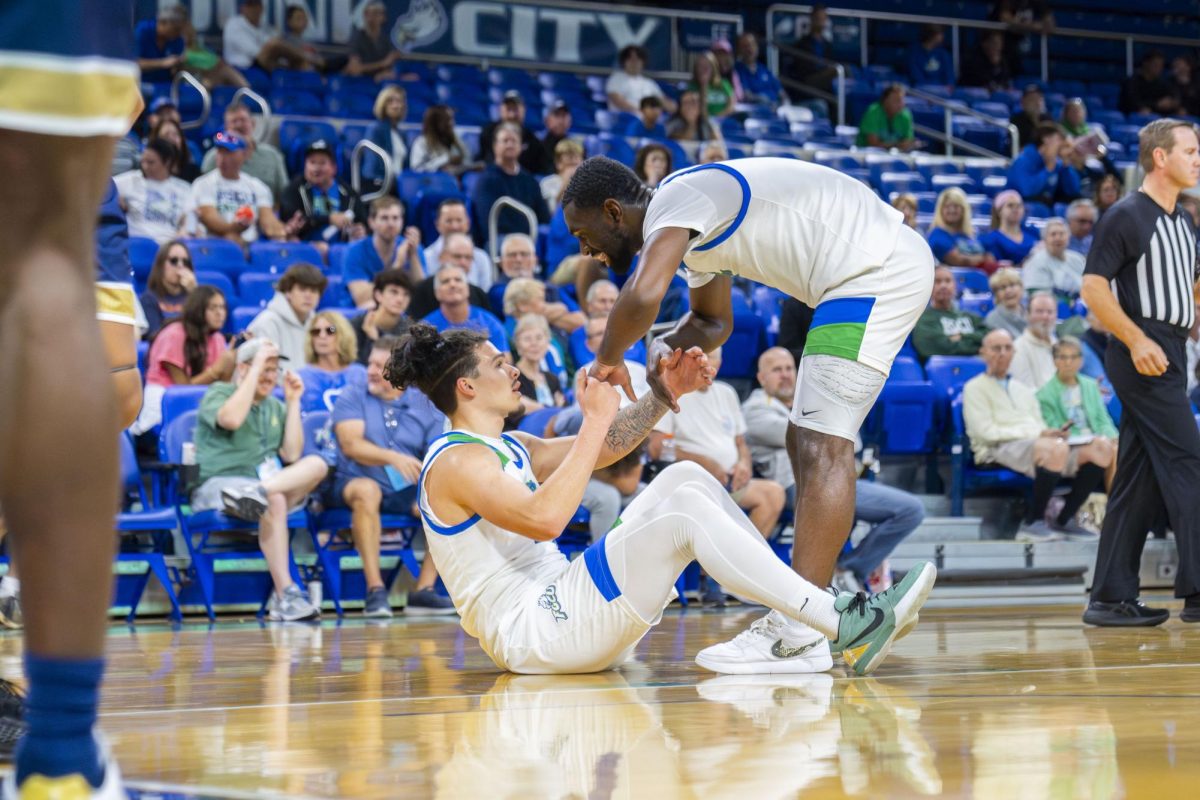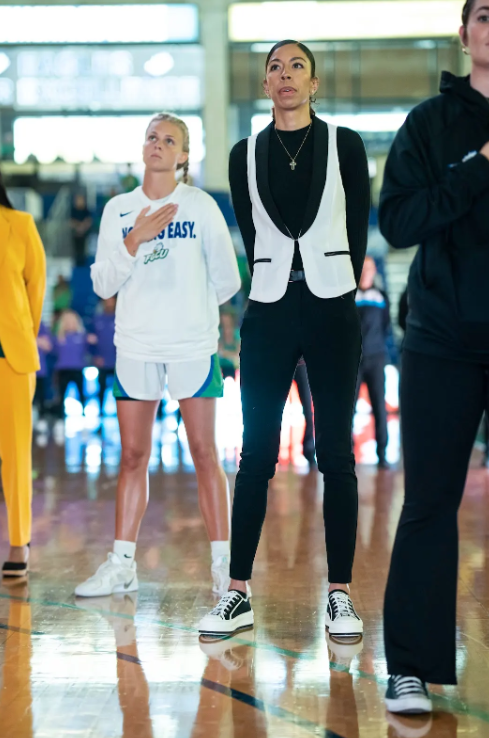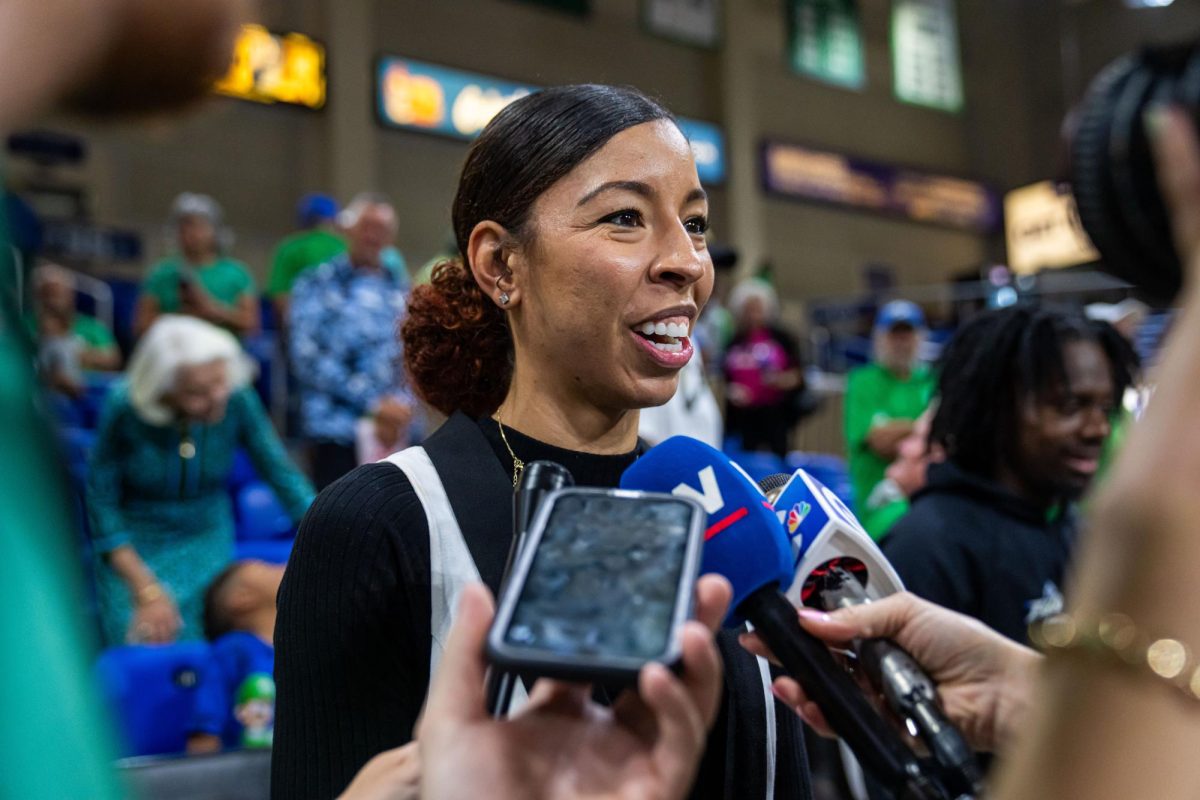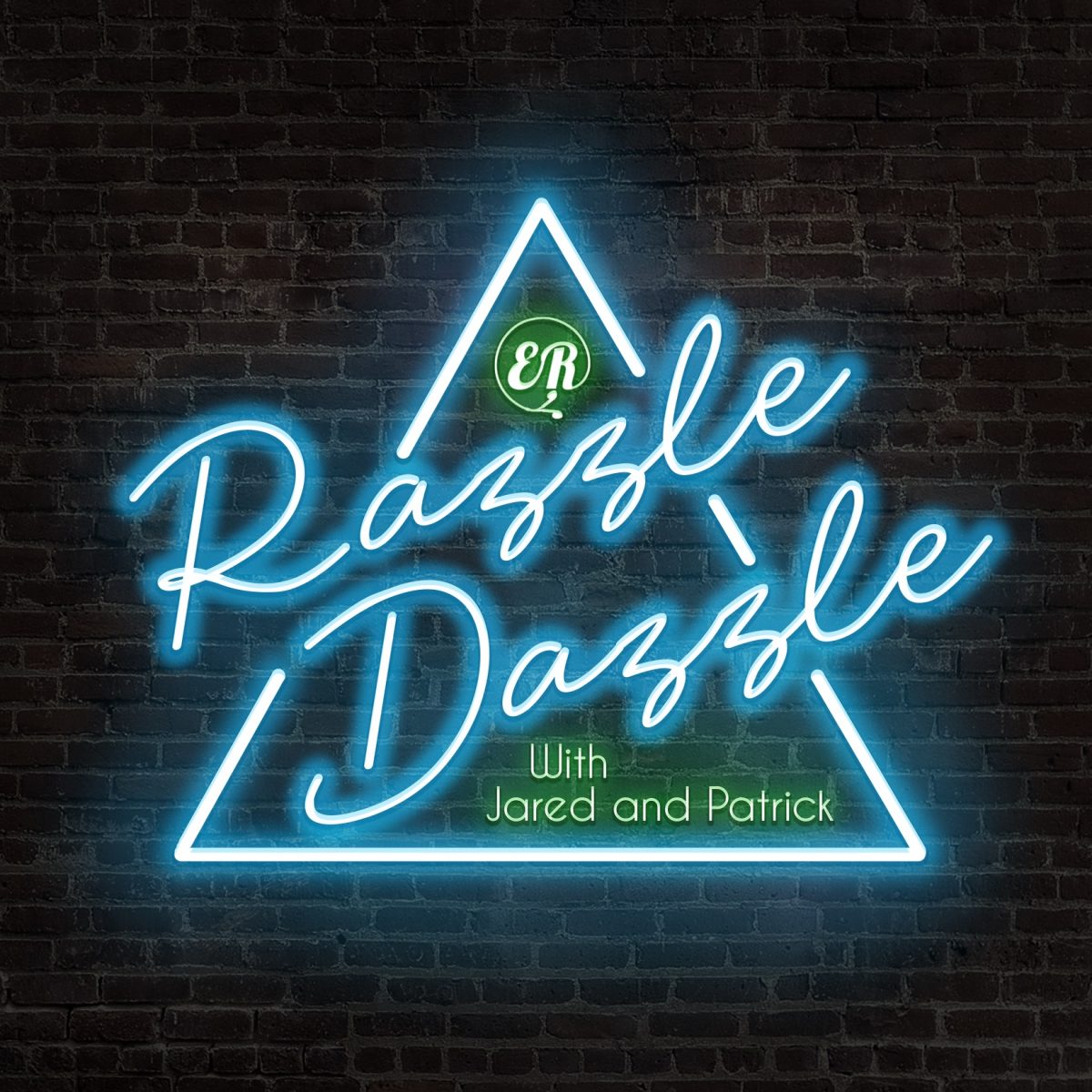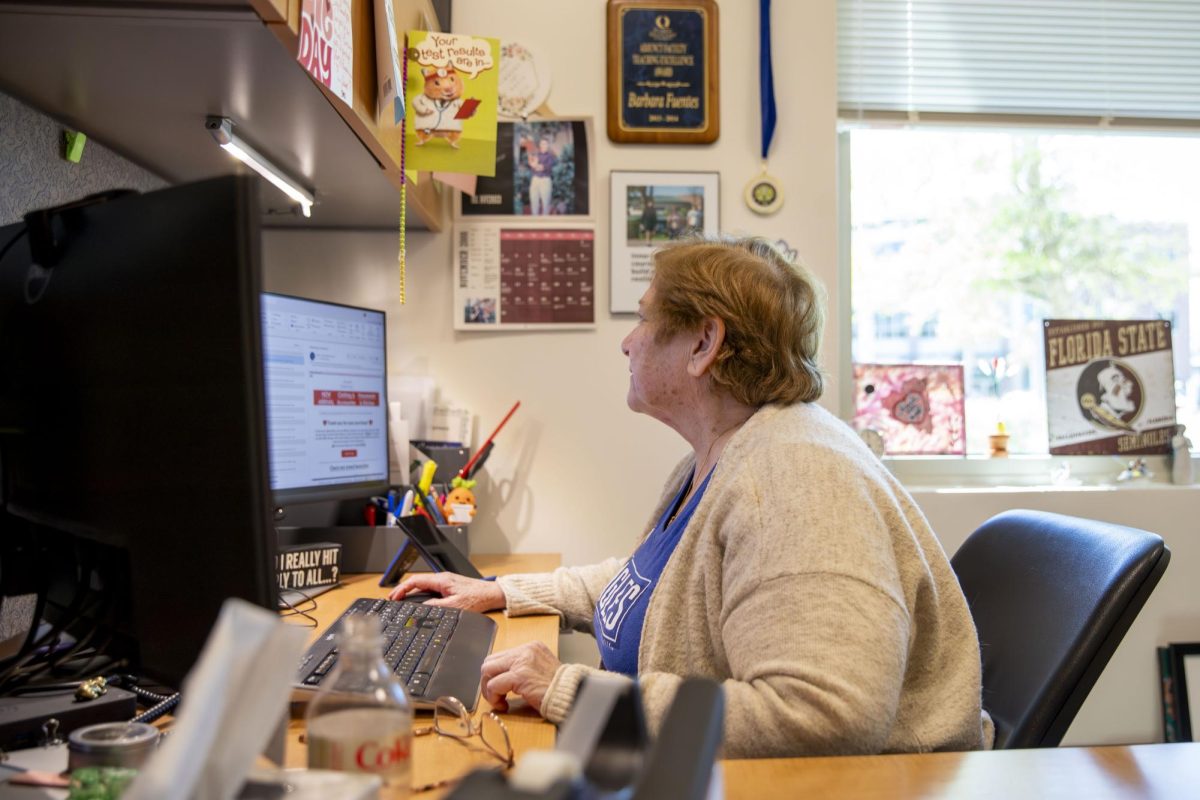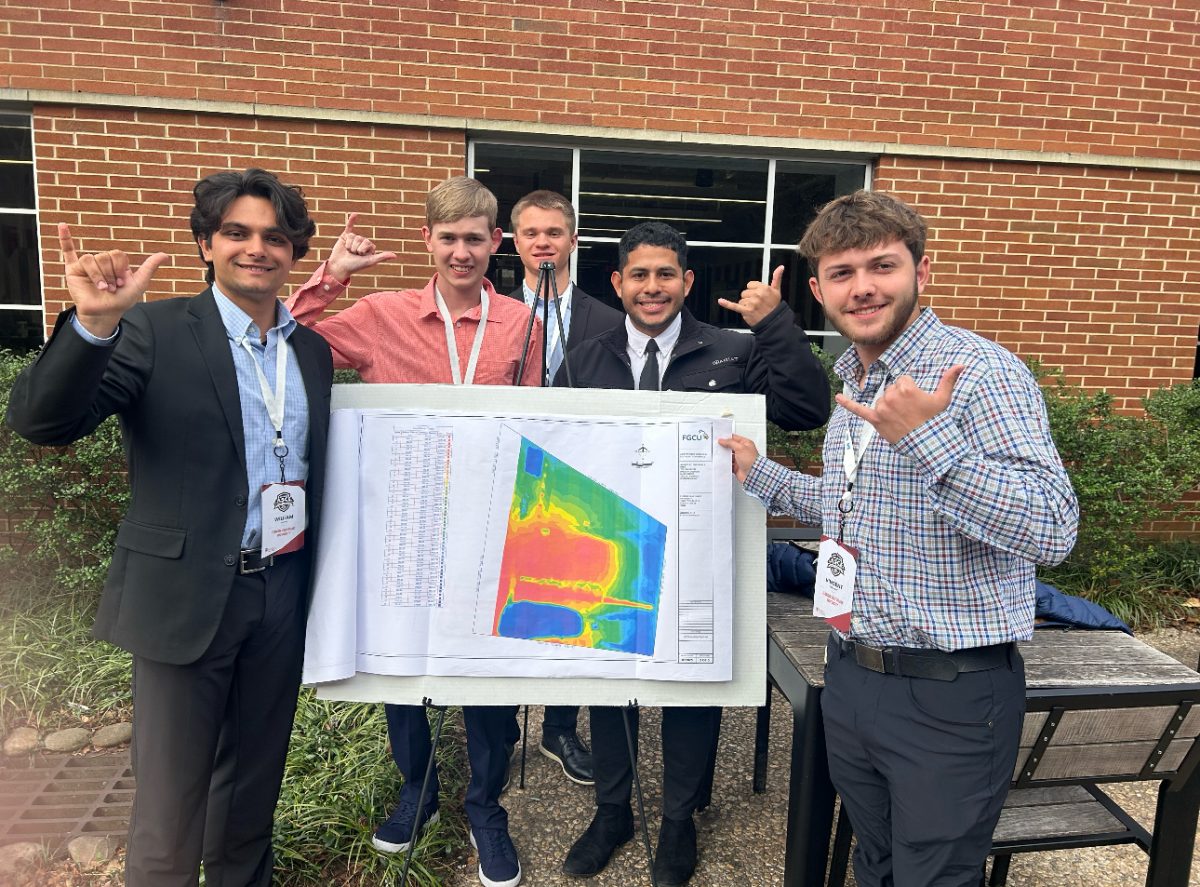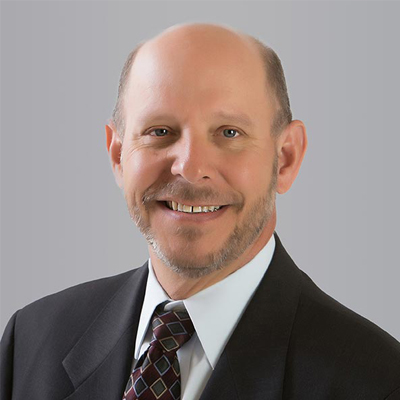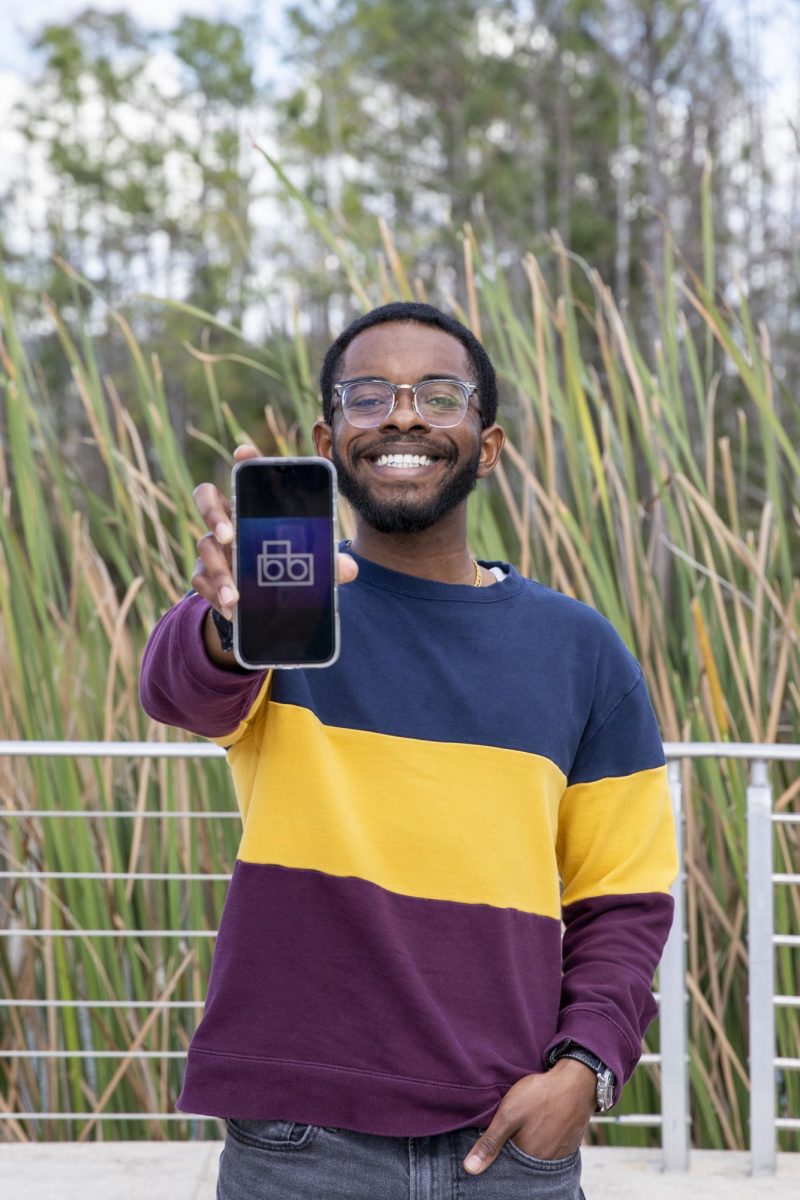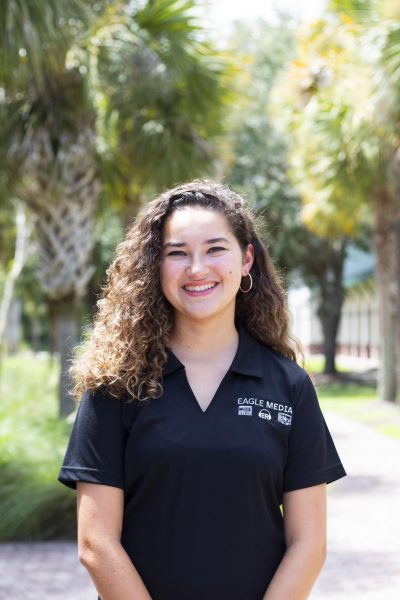“Alright, it’s Razzle Dazzle time!”
These are the words frequently recited in the introduction to Eagle Radio’s longest running podcast, “Razzle Dazzle.”
Razzle Dazzle is produced by Jared Gonzalez, Patrick Pereira, Joseph Hall, Tatum Bates and Patience Cole. Gonzalez created the show out of his love for video games, movies and all things pop culture before meeting any of his co-hosts at FGCU. The name of the podcast is a fitting nod to a TV show from his childhood.
“In an episode of “Voltron,” Season 4, Episode 4, one of the characters I resonate closely with has, like, a line where he says, ‘it’s razzle dazzle time,’” Gonzalez said. “Razzle Dazzle was just supposed to be a placeholder until Patrick, and I came up with a new name, but it just stuck.”
Gonzalez pitched the podcast to the Eagle Media team and realized he was still missing the key elements to create a successful show. Pereira had a similar idea for a show. He took the opportunity to be his co-host and they figured out the logistics together. Hall, who has always been good with tools, was in the Eagle Media newsroom later. This led him to take on the role of editor.
“Right place, right time. All of us,” Hall said.
Within their first few episodes, they had already experienced their fair share of challenges. Razzle Dazzle first aired in early 2020 while facing the COVID-19 pandemic.
“Episode 10 was Final Fantasy VII and that was our first COVID episode,” Gonzalez said. “A big deal for our show especially during that first year was we made it through COVID, whereas all the other shows in Eagle Radio, they stopped.”
They saw the pandemic as an opportunity rather than a setback to keep doing what they loved and to do something productive instead of getting bored at home. It also provided them with a set schedule to follow once they returned to recording in the studio.
One of the benefits to this kind of podcast is the scheduled space and time they had to talk about each of their interests. Some of those interests were shared and some were acquired through the show. Otherwise, it would be hard to express their opinions to people not within their fandoms.
“It’s really nice in these podcast episodes that I get to sit down and actually have the conversations that I longed [to have] that I only ever had with strangers on the internet,” Pereira said.
After recording an episode, they typically would have a “what’s next?” moment where they would pitch ideas to each other roundtable style, thinking of things to discuss in the next episode. Some were easier to come up with, like birthday episodes, where the host with a birthday in a specific month would pick the topic. Others took more thought.
“There was a certain time where it was chasing trends,” Pereira said. “I think we matured in what we wanted to make content-wise. We started more going with ‘let’s talk about stuff we actually care to talk a full hour about.”’
Special guests make appearances frequently in their episodes. YouTuber “Chuggaaconroy” was one of these guests. Other times, they would have guests from various University Registered Student Organizations (RSOs) and invite friends for things they’re passionate about. Bates started out as a guest before transitioning into the co-host position she currently holds.
“I’m a theater major and we did Hamlet recently at the FGCU theater lab and I was Hamlet, and they were doing an episode on Hamlet/Shakespeare,” Bates said. “They were kind of all just like, sure, let’s have you on as a co-host.”
Some of the teams’ favorite episodes are those in their Delta series which provides them with an excuse to talk about life without having a set topic in place for the episode. These episodes provide an avenue for hosts who don’t know much about the media discussed. It allows the hosts for those episodes to have conversations about whatever their interests are. This was the case for their digital media editor.
“I started out more in the background just doing computer stuff and taking videos and I remember some of the first episodes that I was ever on the mic for were Delta episodes,” Cole said.
The Delta episodes remain a permanent record and time capsule of their growth over the years, especially as the show prepares to end this month.
“I wanted this show to last for as long as possible, I didn’t want it to die out. This show is very personal to me. Clearly, it’s my baby,” Gonzalez said.
They are proud that they continued the show without being paid. They said it’s a testament to the fun they had while making this podcast.
“I never liked the sound of my voice. I never saw myself doing this kind of thing,” Bates said. “I’m so happy that I did that, and that everything fell into place the way it was.”
The hosts all agree they wouldn’t be where they are creatively if it weren’t for this podcast. Gonzalez is now an audio engineer and producer for WGCU. Hall does production for WINK News. They both attribute that passion and success for the media they create to the podcast.
“I’m not going to cry because it’s over, I’m going to smile because it happened,” Hall said.






